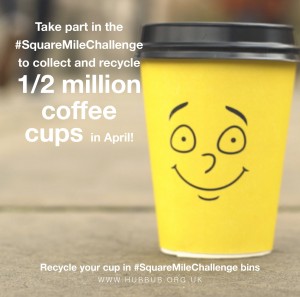The annual King’s College London Sustainability Awards took place on Monday the 3rd July. The Awards highlighted the growing commitment and enthusiasm of the King’s community for sustainable development, one of the enabling foundations of Vision 2029.
During the ceremony, 45 teams comprising of over 200 Sustainability Champions were acknowledged for all their hard work in introducing sustainable practices into their workspaces over the course of the academic year. The ceremony also celebrated the efforts of staff and students who have made significant contributions to sustainable development across our operations, teaching, research and the wider King’s community.
Professor Edward Byrne, President & Principal of King’s College London, opened the Awards by highlighting the importance of sustainability and the work of the Sustainability Champions. He also announced that King’s recently achieved the ISO14001:2015 certification for the Estates operations on all campuses, including residences and sportsgrounds. You can find out more about the certification in the Estates & Facilities news.
Kat Thorne, Head of Sustainability, then reviewed the progress King’s has made in sustainability over the last year. Over 200 Sustainability Champions have carried out over 1,500 sustainability actions, resulting in 45 teams receiving Sustainability Awards. At an operational level, the university has reduced its carbon emissions by 26% since 2005/06, despite significant growth during this time period. The furniture re-use project Warp-It has now saved over £50,000 in procurement costs. In relation to sustainable food, the university is now a member of the Sustainable Restaurant Association, and has applied for Fairtrade University status.
The 45 Champions teams were then awarded Bronze, Silver and Gold Awards. This year, 18 teams achieved Bronze, 19 teams achieved Silver, and 8 teams were awarded Gold. In addition to this, we celebrated individual Champions, staff and teams who went above and beyond in their roles to embed sustainability into King’s.
All photos are now available here.
Thank you to all of those who have played a part in the Sustainability Awards this year, including our over 200 Champions!

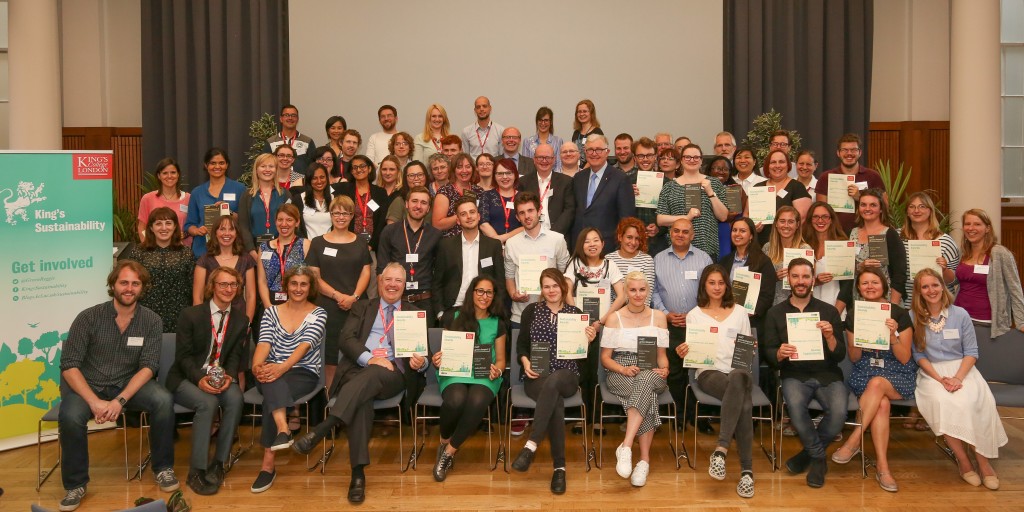
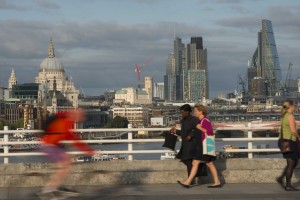

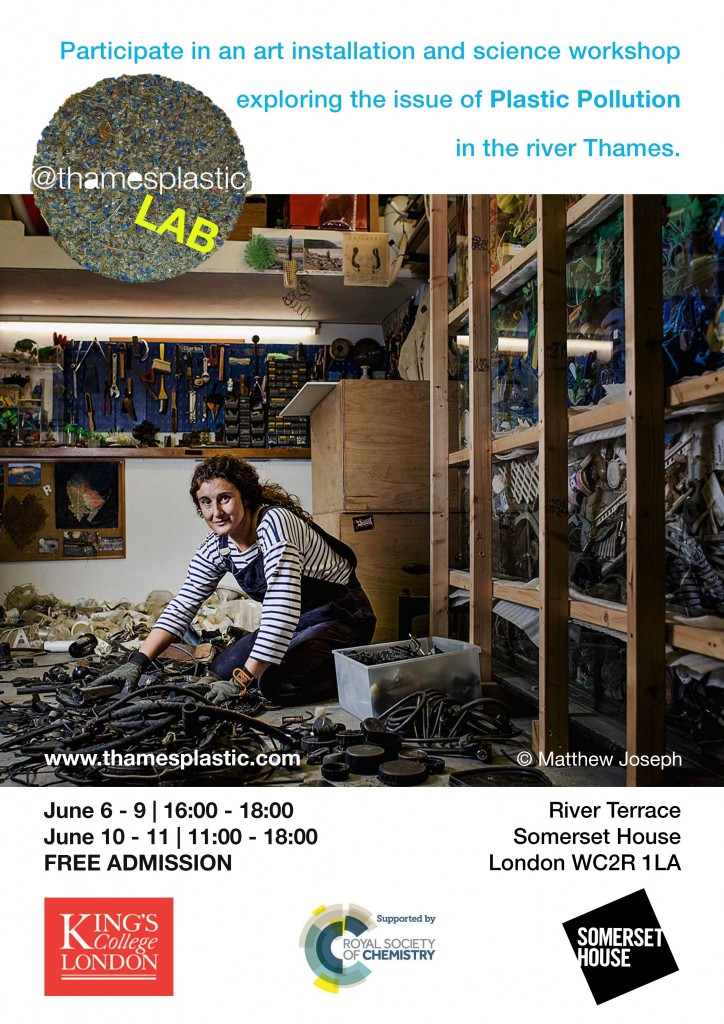
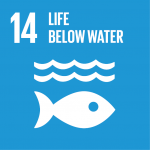
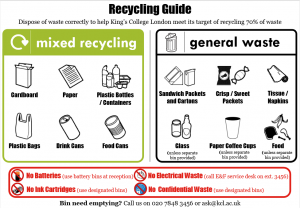
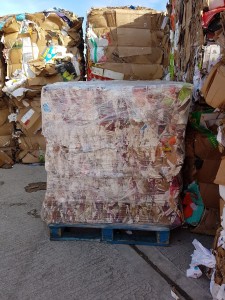
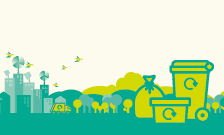

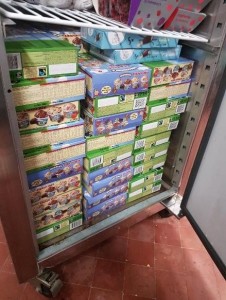

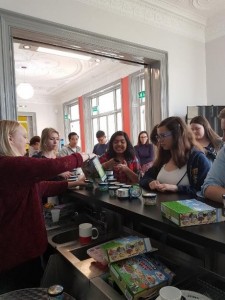
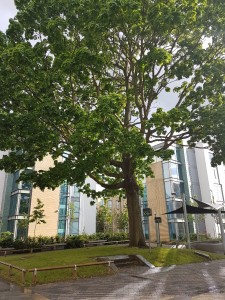
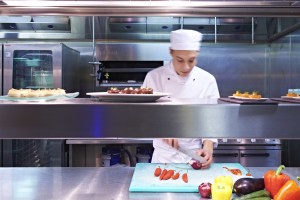

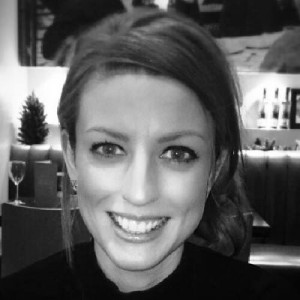
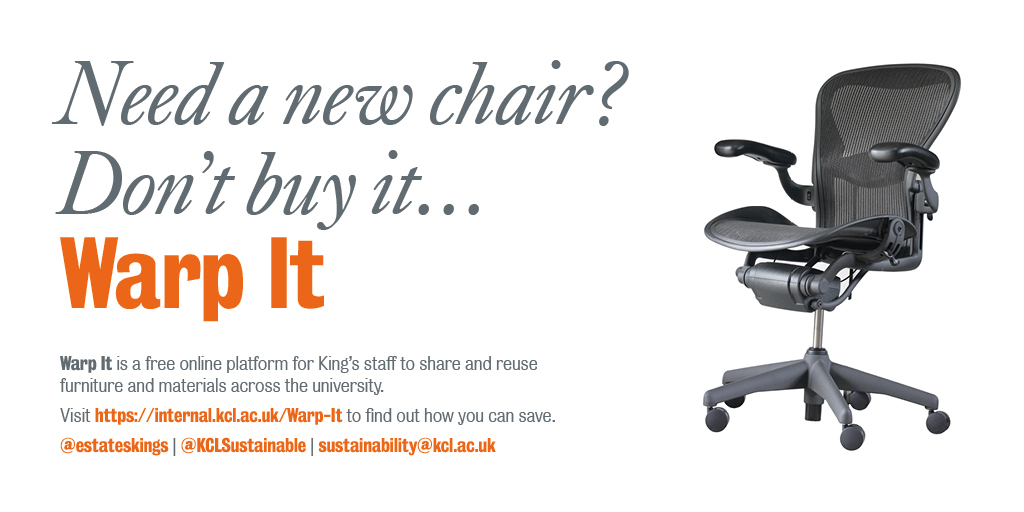 At the moment, Warp It is only open to staff. If you are interested in signing up and start reusing furniture, please visit the
At the moment, Warp It is only open to staff. If you are interested in signing up and start reusing furniture, please visit the 